Power
The accumulation of, the acceptance of, and the use of power are all explored in this section. The individual reigns of some monarchs are looked at such as those from the Tudor period, but so are other leaders, despotic and revolutionary. Contemporary issues of the use of power in a democracy are explored are more complex ideas around power through individual actions and movements in history.
Sort by:
Date (Newest first) | Title A-Z
Show:
All |
Articles |
Podcasts |
Multipage Articles
-

Power and Freedom in Britain and Ireland: 1714–2010
30th October 2025Click to view -

Power, authority and geography
ArticleClick to view -
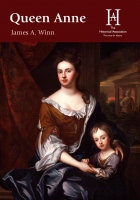
Queen Anne
ArticleClick to view -
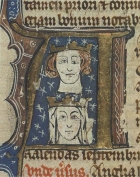
Queenship in Medieval England: A Changing Dynamic?
ArticleClick to view -
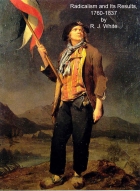
Radicalism and its Results, 1760-1837
ArticleClick to view -
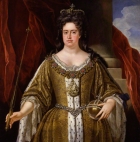
Royal Women: Queen Anne, Elizabeth I and Elizabeth II
Multipage ArticleClick to view -

Stalin, Propaganda, and Soviet Society during the Great Terror
ArticleClick to view -
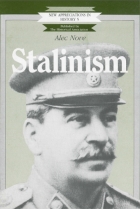
Stalinism
ArticleClick to view -

The 'Era of the Dictators' Reconsidered
ArticleClick to view -
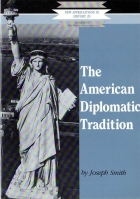
The American Diplomatic Tradition
ArticleClick to view -
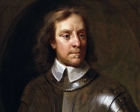
The Cromwell Discussions: podcast series
Multipage ArticleClick to view -

The Early Mediaeval State
ArticleClick to view -
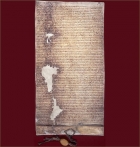
The Great Charter: Then and now
ArticleClick to view -
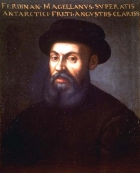
The Great Powers in the Pacific
ArticleClick to view -
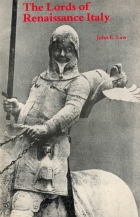
The Lords of Renaissance Italy
ArticleClick to view -
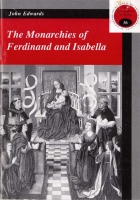
The Monarchies of Ferdinand and Isabella
ArticleClick to view -
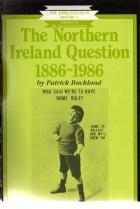
The Northern Ireland Question 1886-1986
ArticleClick to view -
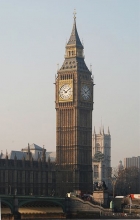
The Origins of Parliament
ArticleClick to view -
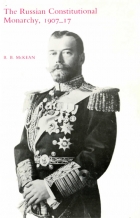
The Russian Constitutional Monarchy, 1907-17
ArticleClick to view -
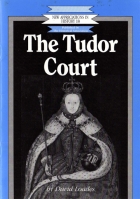
The Tudor Court
ArticleClick to view

